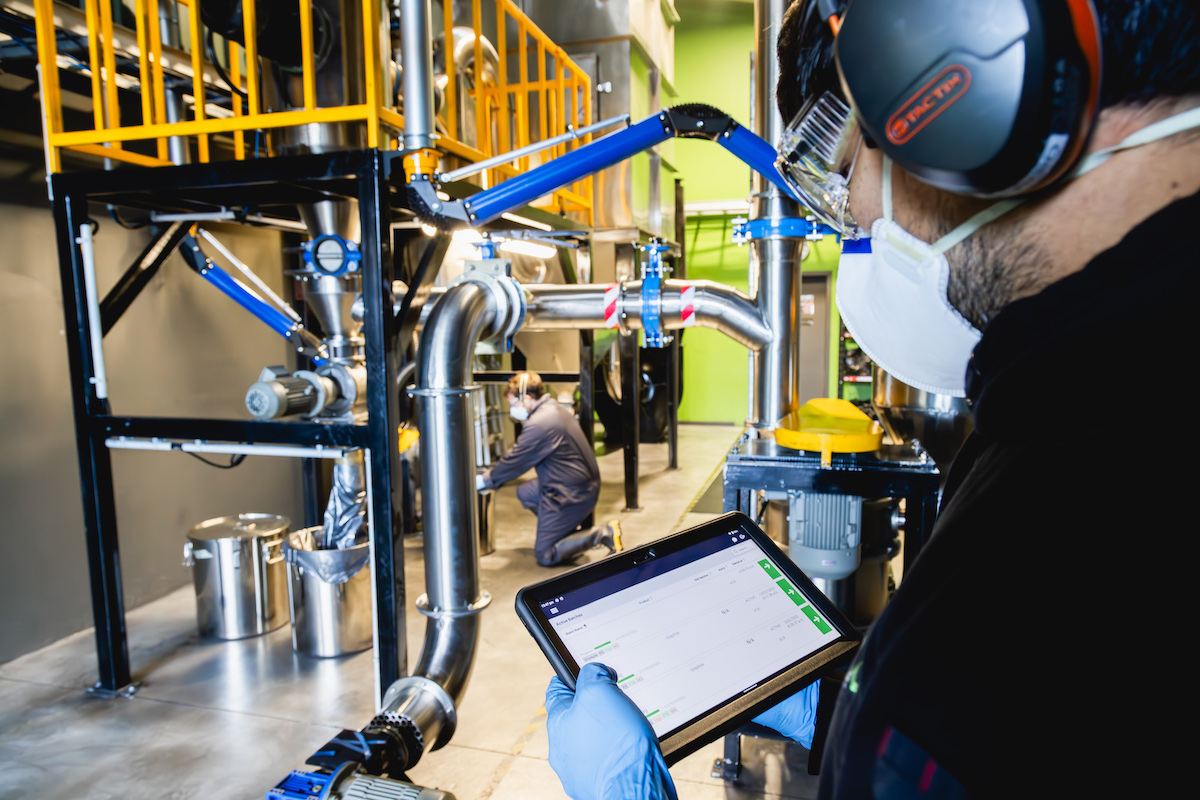CarbonScape has announced a significant breakthrough in its biographite production process, achieving an exceptional 90% spheroidization yield.
Dr Heinrich Badenhorst, Chief Technical Officer of CarbonScape, explains, “The spheroidization process has long been a critical bottleneck in graphite production for batteries. Our 90% yield further strengthens the economics of our biographite compared to existing graphite production.” Traditional producers of mined graphite typically achieve only 30-60% yield, while even the best synthetic graphite producers reach up to 80%.
Spheroidization transforms graphite particles into nearly perfect spheres through precision mechanical milling. This sophisticated process is essential for creating high-performance battery materials. The spherical shape improves the packing density, increasing the energy stored per unit volume – a crucial factor in battery performance. However, the process has historically been quite wasteful, with a significant loss of material.
Vincent Ledoux-Pedailles, Chief Commercial Officer of CarbonScape, stated, “This breakthrough positively shifts the economics of graphite production. A 90% spheroidization yield with our biographite means higher efficiency, lower costs, and a cleaner supply chain for lithium-ion batteries – all while reducing reliance on mined and fossil-derived graphite.”
CarbonScape’s achievement is particularly significant given the current global context, with China’s monopoly control of battery-grade graphite production and recent export controls raising concerns about supply chain security. The development of cost-effective, localised production alternatives has become increasingly crucial for the electric vehicle industry and energy storage sectors.
CarbonScape is already securing partnerships and investment to expand its industrial footprint, with plans for multiple commercial plants across Europe and North America. The transformation of the graphite market from a mining-dominated industry to one that could be based on renewable materials and efficient processing represents a significant shift in how we might power our sustainable future. CarbonScape’s latest achievement marks another step towards making that transformation a reality.




